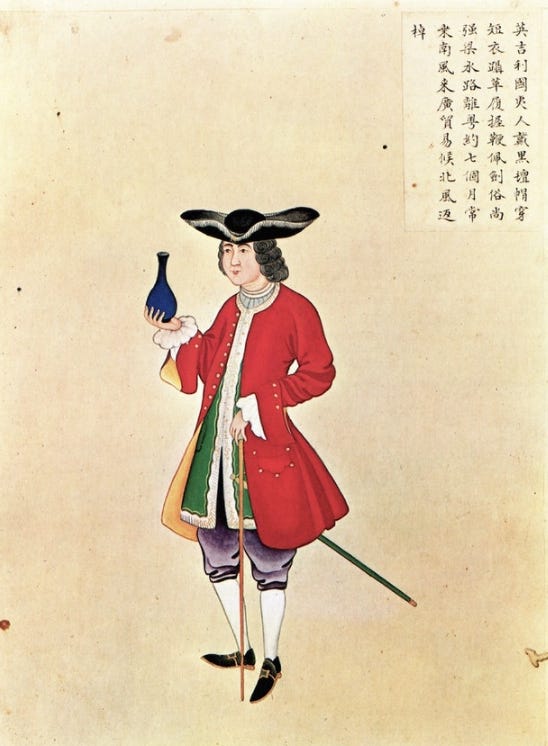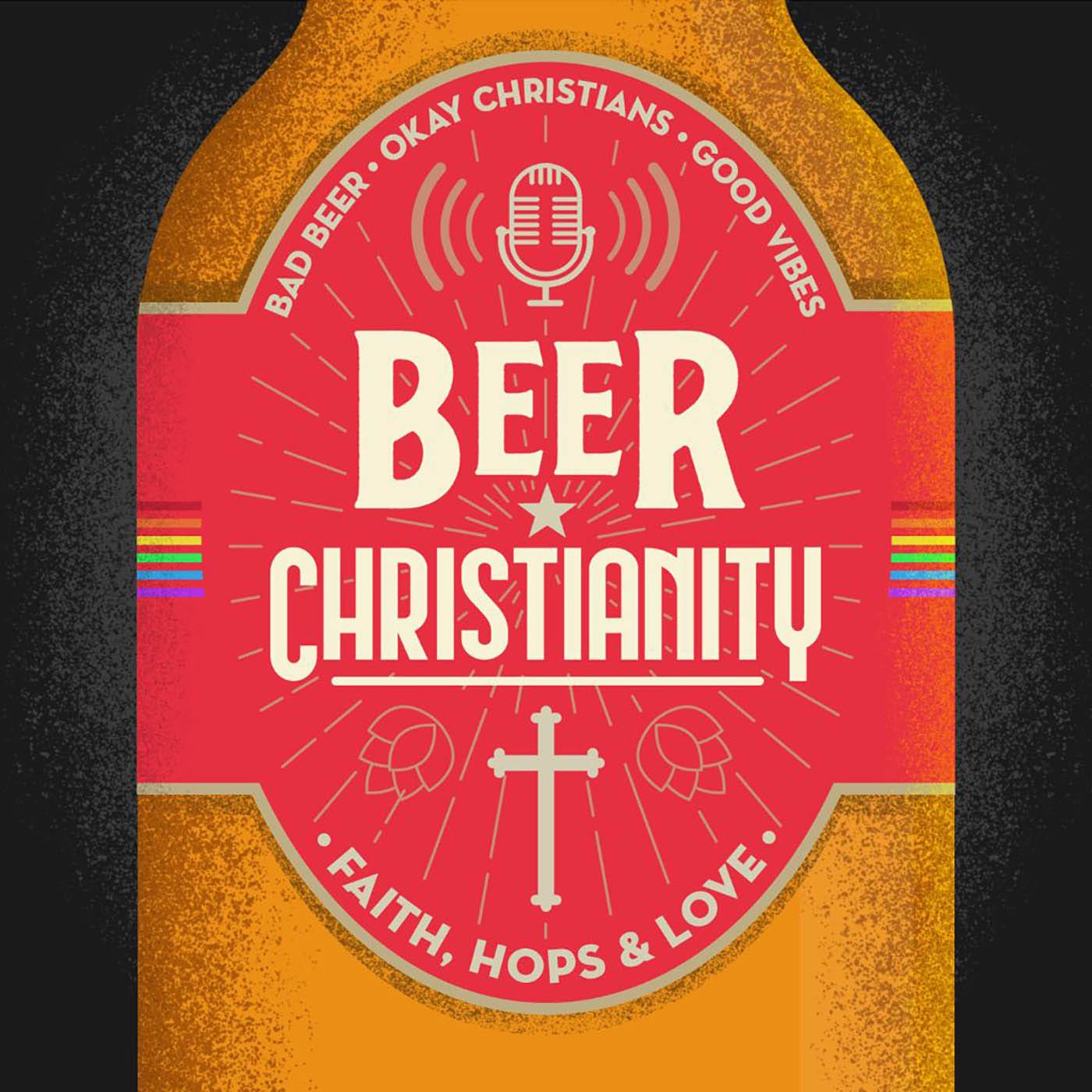Christians, China and Anti-Asian racism: the Atlanta murders, Part 3
Wars in Asia, Covid-19 and white supremacist culture have brought us here. Christians need to stop being part of it. Actually, all people of good will do.
Anti-Asian hate has gone unchallenged too long
Racism is satanic. Let’s take that as our starting point.
Let’s also say that comparing levels of racism faced by various communities is a divisive strategy of those who fear solidarity in the antiracist movement. Anti-Asian racism is real, it is frightening and it is part of a larger context of white supremacy that the Church must oppose.
Anti-Asian racism was cited as a key motivator in the recent murders we saw in Atlanta, as most of the victims were Asian women. It is often at play in stereotypes around massage parlours. How much this has to do with the fetishization of people seen as enemies or subordinates (or the re-imported collective memory of sexual exploits) in military campaigns from Japan and Korea to Vietnam is hard to assess. But the fact is that a specific vision of Asian women exists in the cultural pantheon of objectification in the West. And seeing Asian women as sex objects is hard to separate from the motivations behind the killings in Atlanta.
But there is a larger cultural malaise at play, beyond the direct relation to sex.
Like sexism, racism doesn’t have to teach direct hate of other races. It can be subtle. It can turn them into a punchline (like women and sex workers are often turned into punchlines), it can caricature and it can scapegoat. In 2020, people of Asian descent around the world experienced hostility, violence and racist rhetoric aimed at them across all levels of society because China was blamed for the Covid-19 virus.
This blame was not limited to the drooling believers in the 5G conspiracy or those who thought of themselves as anti-Asian. The scapegoating was made possible by a larger narrative: China = bad. Donald Trump trotted it out endlessly. And those who have bought into the propaganda that the western world’s primary economic competitor and military opponent must be the global bad guy (ignoring the United States’ dwarfingly huge negative historic and contemporary effect on the world) were all too keen to believe it.
China may not have engineered it, but China didn’t do enough. That’s how the narrative ran among perfectly nice, non-racists in western countries whose own handling of the virus was nothing short of utterly catastrophic. Huge stories were printed about Chinese failures. Tiny retractions of inaccuracies and low-key coverage of Chinese successes. Why? Because China is not fully capitalist, liberal or democratic in the western style. Because China is ‘our’ national enemy. Because racism towards Asians is sometimes more subtle and easy to get away with.
Think that’s a stretch? Ask yourself why we in the Church hear little about the ban on wearing crosses or hijabs in public buildings in France but automatically think of the country printing more Bibles than any other as one of our great enemies, or why British Christians consider state-sanctioned churches in China aren’t real expressions of faith, while we listen to sermons from pulpits decorated with the insignia of empire.
Think, even, about why some people will get viscerally angry at the idea of not portraying China as the Great Satan. Does that feel coolly rational to you?
Am I saying China is a paragon of virtue? No. It seems to have more concern for improving the conditions of its poorest citizens than governments in America or the UK do, though. Do I like its emphasis on obedience and order over individual freedom? No. Nor do I like its harsh crackdowns on dissent and the treatment of a Muslim minority and Christians who do not conform. But imperial and former/economically imperial powers like America and Britain calling China out on this is beyond hypocritical. Let us not pretend that the nations who led the bloody charge into the Middle East and Central Asia at the beginning of this century are in much of a position to judge.
Not that that makes China ‘one of the good guys’ any more than other empires have been.
But I am always wary of wild stories about the iniquity of our nation’s enemies and competitors. Be it North Korea or ISIS, you don’t have to like them to recognise that there are certain countries or groups about whom you can publish just about any nonsense and get away with it.
So people who would never normally side with Donald Trump called Covid the ‘China virus’, made jokes about its origins and boycotted Chinese businesses. Asian people were attacked and abused in public because they were blamed, and the racism received cover from a ‘respectable’ disdain for a country that has lifted more of its population out of poverty than any nation in history. (If you’re not convinced that we are encouraged to never see the good in China I encourage you to take a look at the equivocation that takes place when reporting Chinese achievements versus western ones. The lengths they go to in seeking out the dark linings to silver clouds is comical.)
And let’s not pretend anti-Asian hate is new or exclusively China-specific. Chinese migrants were treated deplorably from the birth of colonial America and have been caricatured in Britain with a longevity of disrespect that has in some ways outlasted other forms of unabashed bigotry. Japanese Americans were put in Camps during the Second World War and even this month people were defending racist depictions of Asians in children’s books when the estate of the artist who drew them had long disavowed them.
When we, as Christians, participate in and tolerate scapegoating (even purportedly ‘harmless’ jokes about ‘kung flu’ or propaganda language like the ‘China virus’), we help to create an atmosphere in which racism of a more aggressive kind feels comfortable to stretch its wings and sharpen its nails. When we are blind to our own nation’s hypocrisy and crimes (historic and contemporary) while parroting the talking points of our government about ‘enemy’ nations, we easily become pawns.
As an evangelical (or post-post-evangelical) I have long heard how Christians must not be conformed to the thinking of this world. I have not heard that good advice linked nearly often enough to standing apart from our neighbours or even government when it comes to nationalism, racism and cultural bigotry.
It’s important that our narratives around persecution, mission and societal wellbeing do not fall into the traps of scapegoating, normalising racism, hating ‘our’ national enemies/competitors, cultural caricaturing and demonising difference.
We can’t fix all of culture (without a special move of the Spirit), but we can stop being part of the problem.
Bruh. Those pictures…
Ever wonder where I find the pictures for this thing? Wonder no more! The Public Domain Review is an amazing site with incredible collections of images that are out of copyright and essays about arcane and archaic stuff — and it’s gloriously, fascinatingly great.
The image in my main article is by an anonymous Chinese artist and is of an Englishman of the time. I chose it because we’ve seen quite enough old western ethnographic and cultural impressions but it’s interesting to see the reverse. I found it at in this article.
Another gem!
Thank you, Charl, for your very kind words and for supporting Beer Christianity (and New Old Music! :D) at Buy Me a Coffee!
Follow, engage with and support Beer Christianity
Follow/message Beer Christianity on Twitter: @beerxianity and Instagram. Listen to us on Spotify, Apple Podcasts, YouTube and Stitcher.
Leave us a question or comment to be included in the podcast at: speakpipe.com/beerchristianity.
I do this for free and for the love of getting to talk to you. If, however, you’d like to help out or show your support even more than by reading, there are two options:
1. Tell your friends about the newsletter and the podcast, share them on social media, leave reviews, all that kind of stuff. It is so encouraging. And makes it more worthwhile.
2. Buy me a beer. That is to say, you can make a donation to help support me doing this stuff. You really don’t have to, but it really does really help. And if you’re doing it specifically to support the podcast, I promise to buy drinks for Laura and Malky too if you like! Please leave a message if you do! But also no pressure! Good Lord this is awkward.
Anyway.
***
I mean, it’s great that you’re still reading. But also, there is no more to read. As Jim Morrison said: “This is the end, beautiful friend. The end.”
But he also said “kill the blind little elf,” so. You know. Pincha salt.







